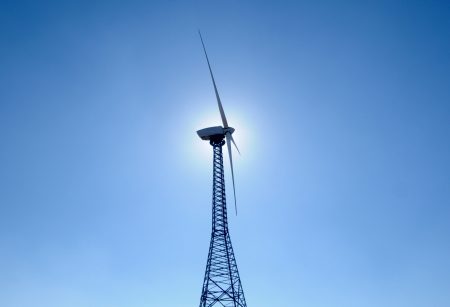This project involves the generation of renewable electricity through 75 wind energy converters across multiple villages in the Jamnagar district of Gujarat, India. With a total installed capacity of 59.4 MW, the project supplies clean electricity to the Indian national grid, replacing power that would otherwise have been generated from fossil fuel sources.
The project reduces greenhouse gas emissions by avoiding the use of conventional thermal power, which is predominantly coal-based in the region. The estimated annual reduction is 91,266 tCO₂e. In addition to mitigating climate change, the project contributes to India’s national energy security strategy and supports a cleaner energy mix in one of the country’s most industrialized states.
By utilizing efficient wind turbine technology and established grid infrastructure, the project supports sustainable development and stimulates local economic activity. It aligns with national and state-level policies promoting renewable energy and sets an example for replicable clean energy projects across India.
VCS412
Registered
Jamnagar District, Gujarat, India

Grid-Connected Wind Power Generation
91,266 tCO₂e

June 1, 2014 – May 31, 2024 (2nd crediting period)
Renewable energy generation, reduction in fossil fuel dependence, and improved air quality
The project has a strong commitment to environmental and sustainable development that benefit local communities through the following contributions:
Environment
The project displaces fossil fuel-based electricity generation, avoiding an average of 91,266 tCO₂e per year. By reducing emissions of carbon dioxide and air pollutants like sulfur dioxide and nitrogen oxides, it improves overall air quality. The project uses clean, zero-emission wind energy and supports grid decarbonization in the western regional electricity network.
Community
The project enhances local infrastructure and contributes to the stability of the electricity supply in Gujarat. By reducing reliance on fossil fuels, it supports better public health outcomes through improved air quality. The development also promotes environmental awareness among local stakeholders and contributes to regional sustainability goals.
Employment
The project provides jobs in construction, operation, and maintenance of wind turbines. It also supports local service providers and contractors during the project’s implementation phase. The wind energy sector offers long-term employment opportunities and encourages skill development in clean energy technologies.
Energy Security
By adding renewable capacity to the Indian grid, the project supports energy diversification and reduces dependence on imported fuels. This enhances national energy resilience while enabling rural areas to benefit from infrastructure improvements and a more stable electricity supply.
By leveraging renewable wind energy and reducing greenhouse gas emissions, the project supports India’s climate goals and contributes to a sustainable energy future. This initiative follows the Verra Verified Carbon Standard (VCS), ensuring measurable and verifiable emissions reductions.

Verification: This project is verified by the Verified Carbon Standard.



GOAL 7 – Affordable and Clean Energy

GOAL 13 – Climate Action
One Tribe enables businesses to be more sustainable by funding rainforest protection projects that store carbon from being released into the atmosphere. By enabling customers to protect rainforest when they shop online we also empowers consumers to drive positive change
One Tribe is a Climate Action Platform enabling businesses and their customers to make a positive environmental impact.


Eric currently works as an independent consultant at the intersection of nature and climate, focused on catalysing market and non-market solutions to drive the just transition.
He previously was Head of Product at Earthshot Labs, supporting nature conservation and restoration projects across the global south secure project finance. Prior to Earthshot Labs, Eric led nature-based carbon project development for Gorongosa National Park in Mozambique and founded the Carbon Cooperative, a global alliance of leading nature conservation and restoration practitioners exploring carbon finance. After serving in the Peace Corps in Mozambique out of university, he spent much of his 20s working in community-based conservation and ecosystem restoration efforts in Sub-Saharan Africa interspersed with two startup ventures as co-founder and CEO of a mental health tech startup and COO of a sustainable coffee company. Eric has a dual Masters in Environmental Engineering and Environmental Policy from Stanford University where he was a NSF Graduate Research Fellow and a BS in Environmental Engineering from Tufts University.
Alan is a risk management thought-leader, superconnector, and FinTech pioneer. His mission is to enable an Earth Positive economy which includes nature in global accounting systems.
Alan is Founder of Generation Blue, a venture studio dedicated to planetary game changers powered by exponential technologies. Previously, Alan established Natural Capital Markets at Lykke AG, pioneering blockchain based forestry and carbon backed tokens. Alan has over two decades of risk management experience advising global financial institutions, and was a founding member of the RiskMetrics Group, a JPMorgan spin-off. Alan is an investor and advisor to regenerative impact ventures, including TreeBuddy.Earth, Regenativ, and Vlinder Climate.
Lori Whitecalf made history when she became the first woman to be elected Chief of Sweetgrass First Nation in 2011. She served three terms of office from 2011-2017.
Lori took a two-year hiatus from leadership to expand the family ranch and serve as the FSIN Senior Industry Liaison. She was re-elected on November 29. 2019 and again on November 30, 2021, as Chief of Sweetgrass. Chief Whitecalf practises a traditional lifestyle of hunting, fishing and gathering. She currently sits on the following boards: Saskatchewan Indian Institute of Technology, FSIN Lands and Resource Commission, Battle River Treaty 6 Health Centre and Battleford Agency Tribal Chiefs Executive Council, FSIN Women’s Commission.
Tina is the Chief Business Officer for MLTC Industrial Investments, the Economic Development arm of the Meadow Lake Tribal Council. She has a diverse background of experience. Having spent 15 years as a municipal Chief Operating Officer, 20 years involved in Saskatchewan’s Health Authority Board Keewatin Yatthe and 9 years with Northern Lights Board of Education.
She continues as a Board Member with Beaver River Community Futures supporting small business development in her home region. Tina brings a wealth of experience in a variety of fields and many connections to the Indigenous communities of Northern Saskatchewan. In addition Tina holds a BA Advanced from the U of S, a Certificate in Local Government Authority from the U of R and is certified as a Professional Economic Developer for Saskatchewan and a certified Technician Aboriginal Economic Developer (TAED).
Tootoosis’ career spans 40+ years in HRM, political leadership, and Indigenous economic development, as a dedicated bridge builder and advocate for Indigenous causes.
As a key member of the Saskatoon Regional Economic Development Authority (SREDA) team since 2021, he develops strategies for the Truth and Reconciliation Commission final report and Call to Action #92.
He is a graduate of the First Nations University of Canada and a certified Professional Aboriginal Economic Developer. Spearheading various community initiatives while serving as a Chair of the SIEDN while directing ILDII and WIBF. Founder of MGT Consulting Tootoosis is based in Saskatoon, Treaty Six Territory.
Cy Standing (Wakanya Najin in Dakota) has a long and distinguished career including serving overseas as an Electronics Technician in the Royal Canadian Air Force, former Chief of Wahpeton Dakota Nation, former Vice Chief of the Federation of Saskatchewan Indigenous Nations (FSIN), past Executive Director of Community Development Branch of the Department of Northern Saskatchewan as well as an Order in Council appointment to the Federal Parole Board.
Mr. Standing has served as a Director on many Profit and Non-Profit Corporate Boards, including serving as a Director for Affinity Credit Union with assets of over six billion dollars as well as IMI Brokerage and Wanuskewin and is currently a member of the One Tribe Indigenous Carbon Board.